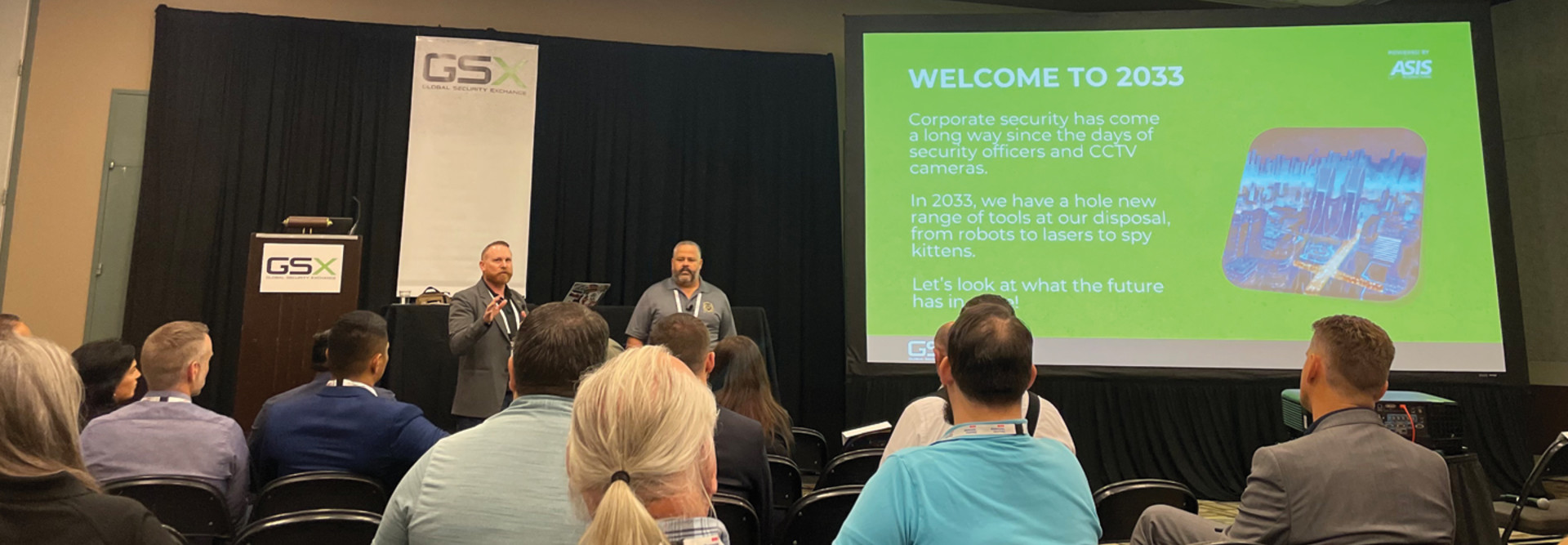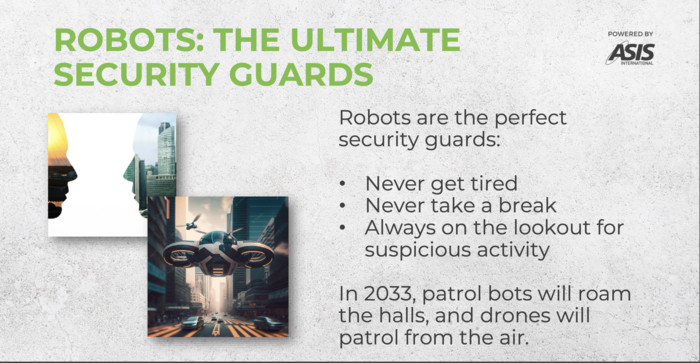In a Tuesday session titled “What Will Corporate Security Look Like in 2033?” speakers said that global factors are influencing approaches to physical security. Carlos Francisco, the regional security leader of Meta (Facebook), and Scot Walker, the director of investigations at Paper Excellence Group, specifically mentioned increasing natural disasters and the baby boom generation aging out of the workforce as drivers of change.
Here's what corporate security teams need to know about the evolving landscape to make decisions for their technology solutions and business operations.
Attackers Will Target Different Tech with Ransomware
Business and security leaders should be cautious of network entry points that hackers are increasingly targeting, Clay noted.
“You’re going to start hardening up your exchange servers, your AD servers, much more effectively than we have in the past, so they’re going to have to look for new targets,” he said.
These targets will include cloud storage systems, Internet of Things (IoT) devices and other uncommon platforms.
“Today, unfortunately, a lot of these systems are left exposed,” Clay said. “When we look at the majority of cloud attacks today, they’re caused by misconfigurations of cloud assets.”
IoT devices are also being targeted because they’re always on and connected to the network, and they’re often crucial to a business’s operations. Beyond that, these technologies often harbor “forever day” vulnerabilities.
“Forever days are basically vulnerabilities in a software product that will never get fixed,” Clay said. “These IoT devices are not intended to be long-lasting, so manufacturers won’t ever bother to fix a bug that is found.”
KEEP READING: Develop an Internet of Things-centered security strategy.
Businesses also need to secure uncommon platforms such as automotive software. As vehicles are built to be smarter and feature more electric components, they become easier to hack, causing disruptions to business and giving cybercriminals an opportunity.
“We haven’t seen this much in the past, but moving forward they’re looking for new opportunities,” Clay added.
Mitigate Future Ransomware Attacks with These Best Practices
Clay also shared ways that businesses can better protect their networks from evolving ransomware attacks.
He recommended that security and IT professionals:
- Regularly back up files according to the 3-2-1 rule
- Harden administrative accounts with multifactor authentication
- Enable advanced detection capabilities
- Disable PowerShell (or secure it, if it is absolutely necessary)
- Limit end users’ access to systems and administrative tools
- Cultivate a security-aware culture
MORE FROM GSX: How can businesses overcome security’s weakest links?
Future Physical Security Will Rely on Drones and Robots
Francisco and Walker’s predictions for physical security technologies looked further into the future, forecasting changes that may come to pass by 2033. The duo looked at emerging technologies such as drones, robots and virtual reality. They anticipated the ways these capabilities will grow to address coming challenges in the next 10 years.
One of these challenges is a shift from public law enforcement to private security, Francisco and Walker said. They attributed this to two main factors: private security companies can pay more, and the large influx of individuals who joined the police after 9/11 are beginning to retire.
The solution, Francisco and Walker said, is a shift to uniformed officers who control a fleet of robots and drones. Robots make the ultimate security guards because they never get tired, never take a break and can always be on the lookout for suspicious activity.












